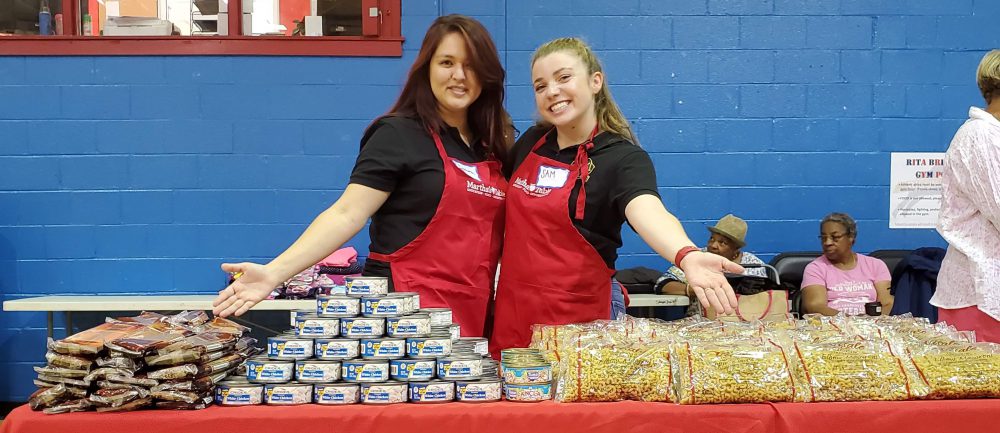This week’s Student Spotlight is written by Marly Narcisse. Marly is working towards a degree in Engineering and has a knack for learning other languages. She is currently taking German through NOVA Online. For most students, College is expensive. We get it. Marly is here to share
with us some tips on how to manage our finances.
Greetings
Growing up my mother was not very financially responsible, and when I moved to the USA my family was not financially responsible. I decided that this wouldn’t be me, so I experimented with many ways before I found out the one that works for me. Below are the top five things I do keep my finances in check.
- Get A Spending Notebook
In this book I write down all my wants and needs. I also write down savings and financial goals. I have a job, but I also have bills. For better accuracy I write down everything that I must pay for each pay check and I cross them off as I go. I also keep track of how often I need the basics (toothbrush, shampoo, etc.) so I can plan accordingly.
2. Budget
Budget. I consider budgeting as the maximum amount of money I am willing to pay for things. I have a car, so I need gas. I tell myself based on my commute, how much gas do I need? It turns out, I could get by with $100 a month. I allocate $100 for gas every month using a gift card. Unless it’s necessary I will not go beyond my commute. Everything I need is on the way. I also do that for everything else, clothes, books, etc. I like to avoid surprises. My wallet doesn’t like them very much.
3. Create Different Savings Accounts
I have three different savings accounts based on my priorities. I have an emergency account. I was told to have at least 3-4 months bills put away, so I am working towards that. I also want to invest money for residual income and I want to go places, it doesn’t matter where. I allocate some money each month for it according to importance. Suppose I save $100, 50% would go to emergency, 30 to travel and 20 to investment.
4. Spend Less
I only buy things I need. When I go to the store, usually Bed Bath and Beyond because I use their 20% off coupons, A LOT, I make sure I get things I really need. I’ll ask myself three times if I really need something before I hit the register, and I’ll put the No’s on the side. When I reach the register, I’ll ask myself, “do I need it?” one more time before I make final my purchase.
5. Save All Extra Cash
I get money for my birthday, work bonus or for whatever other reason. I used this money strictly for savings and I follow the same breakdown as before 50 for emergency, 30 for travel and 20 for investment.
These tips work for me. I live within my means and I can still afford to do things I want to do without feeling guilty. At the same time, I have a cushion for the future. If you have any additional tips or have any questions don’t hesitate to contact me.
Thank You








